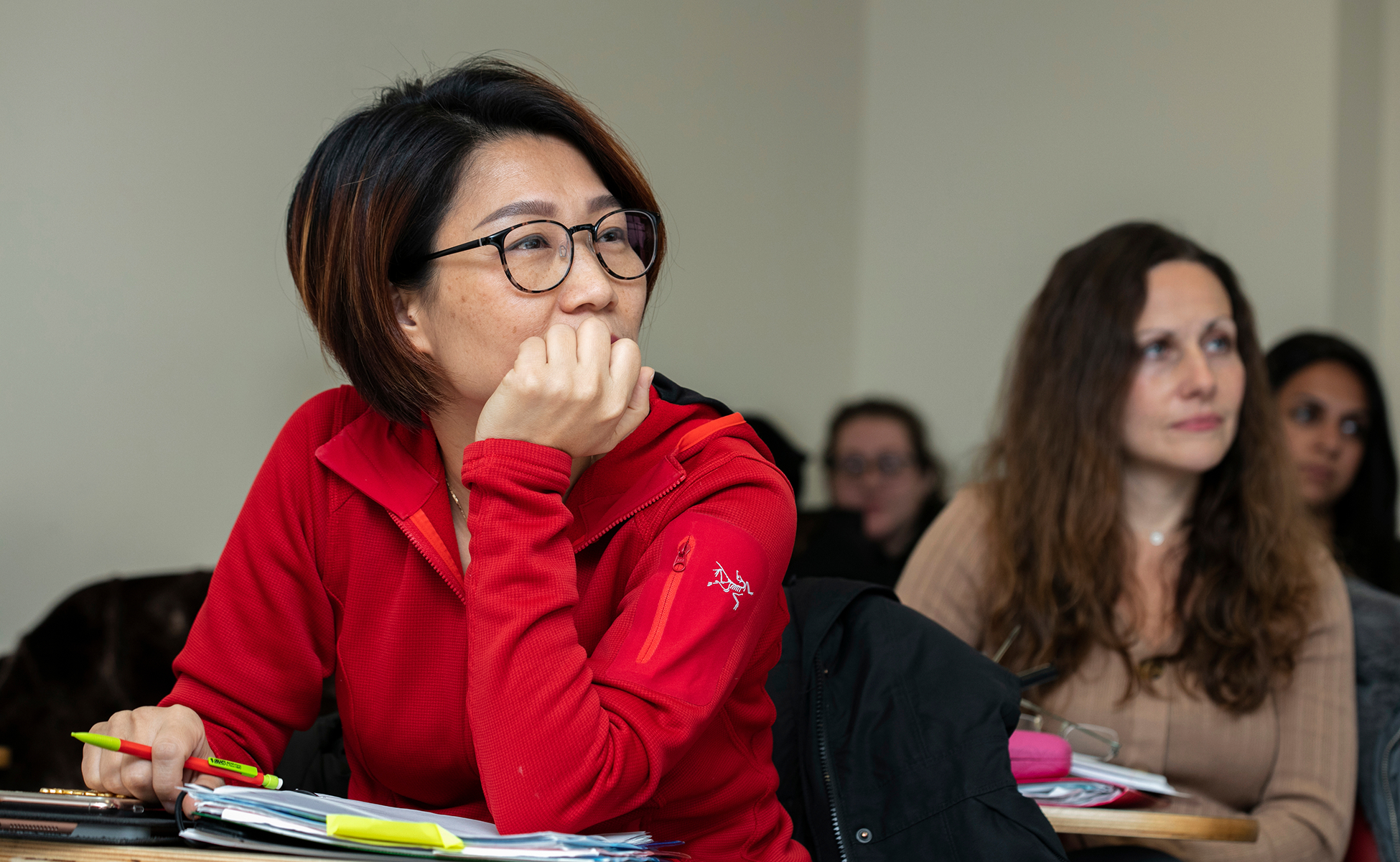Specializing helps distinguish you in the field, giving you skills and experience with populations of increasing need.
Our three programs train select advanced year students to work with aging and school-aged populations, and those dealing with chronic or persistent mental illness.
Specialization Areas
The Aging Population
Baby boomers are getting older, people are living longer, and the growing aging population has specific social work needs.
The Aging Education Fellowship is offered to meet current demands for geriatric social workers. Students with a strong academic record, who are entering their Advanced Concentration Year can apply for the fellowship. As an Aging Education Fellow, your advanced internship focuses solely on elder care, but may be in a variety of clinical practicum settings such as nursing homes, elder abuse programs, community agencies, hospitals or outpatient mental health centers.
Social Work in Schools
Social workers have a crucial role in schools. They act as a link between the school, home, and the local community. Their job is to make it easier for students to do well in school by tackling any obstacles that might get in the way. Services provided by school social workers include behavior support, classroom support, talking with teachers, parents, and school leaders, and providing both one-on-one and group counseling. School social workers provide these services to improve teaching and learning and to boost a child's confidence and skills.
There is a great need for school social workers to help prevent school violence and to support students in moments of crisis.
Students who get accepted into this program will learn essential skills needed for school social work and get valuable experience working with students in a school setting.
Mental Illness
In collaboration with the New York State Office of Mental Health (NYSOMH), we offer a concentration in Evidence-Based Practice in Mental Health. Fellows concentrate on working with clients suffering from serious or persistent mental illness which may include: schizophrenia, bi-polar disorder and borderline personality disorder.
As the number of people from all age groups and backgrounds dealing with new and lifelong diagnoses has grown, the social work community has focused on working with these patients to help restore their place in the world and cope with daily life. As a fellow in the mental illness specialization, you will complete your practicum in community-based outpatient facilities approved by the NYSOMH and follow an evidence-based treatment model.
How it Works
Applying:
Students who specialize receive lowered tuition (a fellowship, with funds applied to your tuition), and with only a few students selected each year, the program is highly competitive. If you're interested, speak with Susan Brot towards the end of your first year in the MSW program. You will need to meet the following general requirements:
- Minimum GPA of 3.0
- Good academic standing
- Written essay
- Entering advanced concentration year
- Letters of reference
- Availability to complete a daytime internship 21 hours per week
Curriculum:
As a fellowship recipient, you take the same course load, but in the fall semester you are required to enroll in an elective that focuses on clinical social work practice with the targeted client population of your specialization area. Throughout the spring semester, you will take a series of enrichment seminars and participate in a daylong symposium with a partner agency in order to enhance your clinical knowledge and practice skills.
What you get:
In addition to your tuition reduction, you will receive a special certificate along with your MSW, and expertise in your chosen area.
Contact
For more information, please contact:
Susan T. Brot, MSW, LMSW
Associate Director of Practicum Development
Director, Fellowship Program
susan.brot@touro.edu


